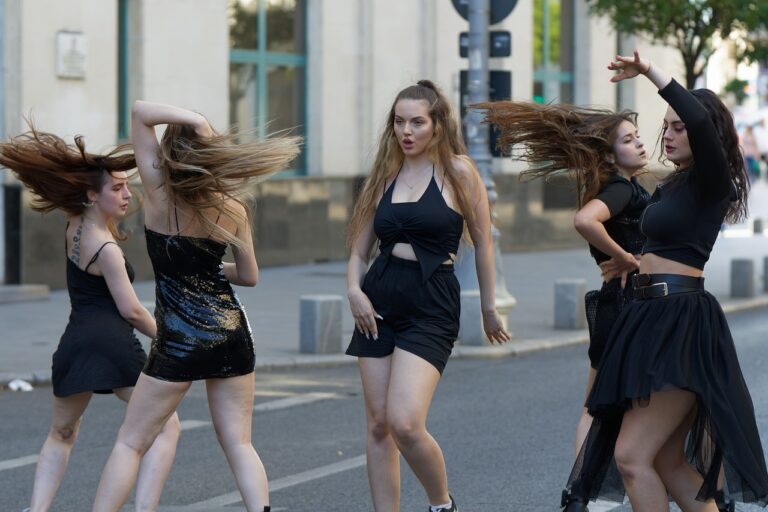The Psychology of Gaming Communities
Group dynamics in gaming communities play a crucial role in shaping the overall experience for players. As individuals come together to form a group within a gaming community, various factors such as communication, teamwork, and leadership styles come into play. The interactions between group members can greatly impact the success or failure of a collective goal within the game.
Furthermore, the establishment of norms and roles within gaming groups helps maintain order and structure. Each member brings their unique strengths and abilities to the group, contributing to the overall dynamic. Understanding how these dynamics operate can enhance the overall gameplay experience and foster a sense of camaraderie among group members.
• Effective communication is key in ensuring that group members are on the same page and working towards a common goal.
• Teamwork involves collaboration, coordination, and support among group members to achieve objectives within the game.
• Different leadership styles can influence how decisions are made and tasks are delegated within the gaming group.
• Establishing norms helps set expectations for behavior and interactions within the group, creating a sense of stability and predictability.
The Role of Social Identity in Gaming Groups
Social identity plays a significant role in shaping the dynamics within gaming groups. When individuals identify with a particular gaming community, they tend to develop a sense of belonging and connection with others who share similar interests and values. This shared identity fosters a sense of camaraderie and solidarity among group members, ultimately influencing how they interact and collaborate in gaming environments.
Moreover, social identity in gaming groups can also influence individual behavior and decision-making processes. As individuals strive to maintain a positive social identity within their gaming community, they may conform to group norms and expectations to align themselves with the collective identity of the group. This conformity can lead to increased cohesion within the group but may also result in the suppression of individual opinions and perspectives in favor of group consensus.
Impact of Social Influence on Player Behavior
Exploring the realm of online gaming unveils a fascinating interplay between social influence and player behavior. Within gaming communities, individuals often mimic the actions of others due to various factors such as peer pressure, admiration, or a desire to fit in. This influence can significantly shape how players interact with each other and make decisions within the gaming environment, ultimately impacting the overall dynamics of the group.
Furthermore, social influence in gaming groups can also manifest in the form of leadership dynamics. Players may look up to certain individuals within the group who exhibit strong skills, strategic thinking, or even charismatic qualities. These influential figures can steer the direction of the group through their actions and decisions, thereby setting the tone for the collective gameplay experience. As a result, understanding the mechanisms of social influence within gaming communities is crucial for comprehending the intricate web of interactions that shape player behavior.
How does understanding group dynamics in gaming communities affect player behavior?
Understanding group dynamics helps players understand the dynamics of their gaming community, influences their behavior within the group, and fosters positive interactions among members.
What is the role of social identity in gaming groups?
Social identity plays a significant role in gaming groups by shaping how players perceive themselves within the group, influencing their behavior, and promoting a sense of belonging and camaraderie among members.
How does social influence impact player behavior in gaming communities?
Social influence has a significant impact on player behavior in gaming communities as players are influenced by the actions and behaviors of other group members, leading to conformity, cooperation, competition, and overall group dynamics.





